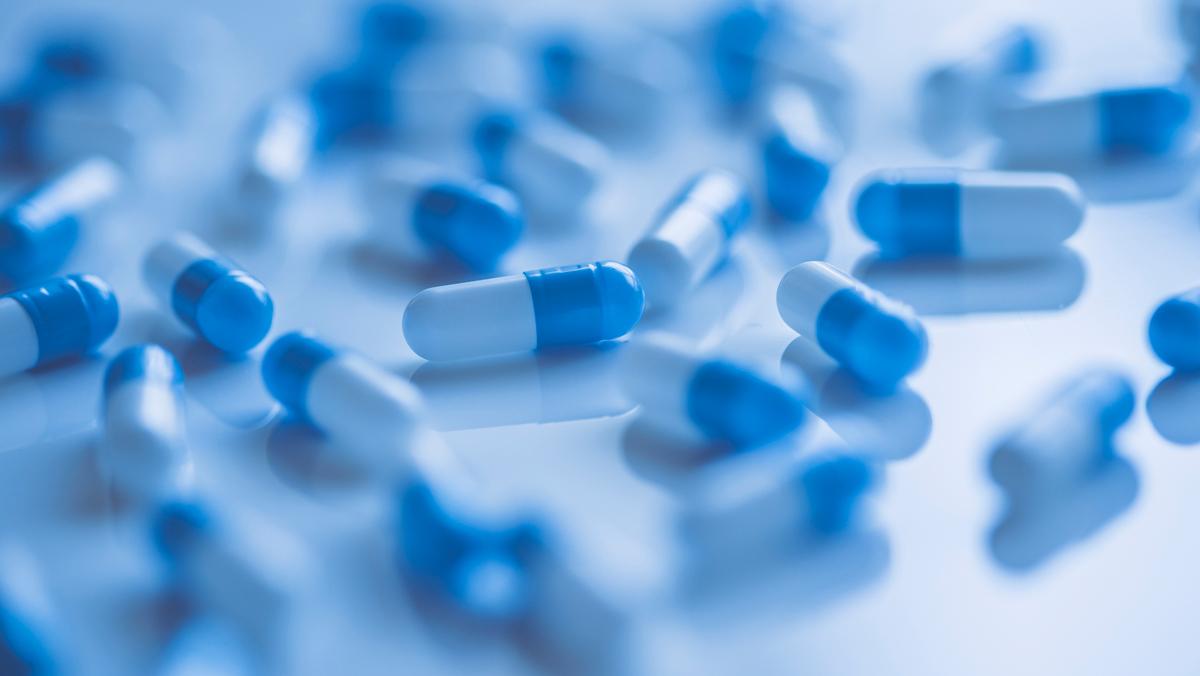UK generics body makes bid to join voluntary scheme talks

The UK’s voluntary system of revenue rebates to limit rises in medicines spending is already causing deep upset among branded drug manufacturers as clawbacks rise. Now, producers of generic medicines have launched a legal challenge to the scheme, seeking a seat at the negotiating table.
While most generic medicines are not covered by the Voluntary Scheme for Branded Medicines Pricing and Access (VPAS), the British Generic Manufacturers Association (BGMA) claims that four out of 10 products in the current scheme are, in fact, branded generics or biosimilars.
Despite that, “the government has decided not to involve the trade body representing these medicine suppliers in its negotiations,” according to BGMA chief executive Mark Samuels, who said this exclusion has left the trade body “no choice but to take legal action.”
The body representing the branded medicines industry, the Association of the British Pharmaceutical Industry (ABPI), has been heavily involved in negotiations on a successor to the VPAS, which according to its calculations, has seen £7 billion ($8.7 billion) paid back to the Department of Health and Social Care (DHSC) since it was first set up in 2019 as a replacement for the 2014 Pharmaceutical Price Regulation Scheme (PPRS).
The five-year cycle means that a new version is in preparation, and the BGMA argues that it “must play a full part in the VPAS negotiations for the next period of the scheme from 2024 to 2028.”
The ABPI, meanwhile, has already drawn up its own preferred model – dubbed the Voluntary Scheme for Pricing, Access, and Growth (VPAG), based on a fixed rebate rate of 6.88% that would be levied across all eligible NHS medicine sales, lower than the 26.5% rate seen last year.
It also includes a £1 billion investment facility that would be used to boost NHS functions like clinical trial capacity and genomic testing over the five-year period.
The BGMA says its members are being forced to contribute to the clawback scheme without any input into how it is set up and operated, risking the viability of an industry that already subsists on thin margins as competition in the market is high, keeping prices low.
“The NHS’s drug bill would be unaffordable without them,” said Samuels. “Despite delivering the lowest generic medicine prices in Europe – our manufacturers currently have to pay an additional 26.5% VPAS tax on their revenues as a result of VPAS.”
“We supply nearly half the products in the pricing scheme yet are hit twice,” he added. “This double-whammy makes some products lossmaking; hence we must play a full part in the VPAS negotiations to find ways to avoid damaging one of the UK’s most critical industries.”
The legal challenge filed by the BGMA comes in the form of a judicial review of the DHSC’s decision to negotiate the new VPAS with the ABPI.
In a statement, the ABPI said it was “disappointed” by the course of action taken by the BGMA, but recognised that the decision had been taken as a result of “the extreme challenge placed on all parts of the industry from the surge in the branded medicine payment rates.”
The hike in VPAS has already caused two big pharma groups to exit the scheme – Eli Lilly and AbbVie – which said in January that the planned increase was “punitive”.
They have transitioned to the Statutory Scheme, even though it has a higher headline rate than VPAS, in what is seen as a warning to government about their willingness to make future investments in the UK without a correction in the system.
The ABPI has estimated that VPAS payments will hit £3.3 billion this year alone, up from £0.6 billion in 2021. It recently published a study by WPI Strategy that suggests maintaining high clawback rates for the next five years would cause a £50 billion hit to UK Gross Domestic Product (GP) by 2058.













